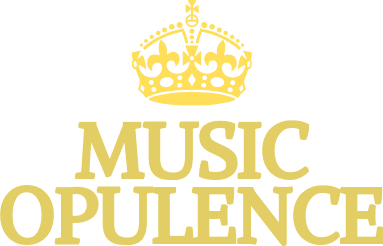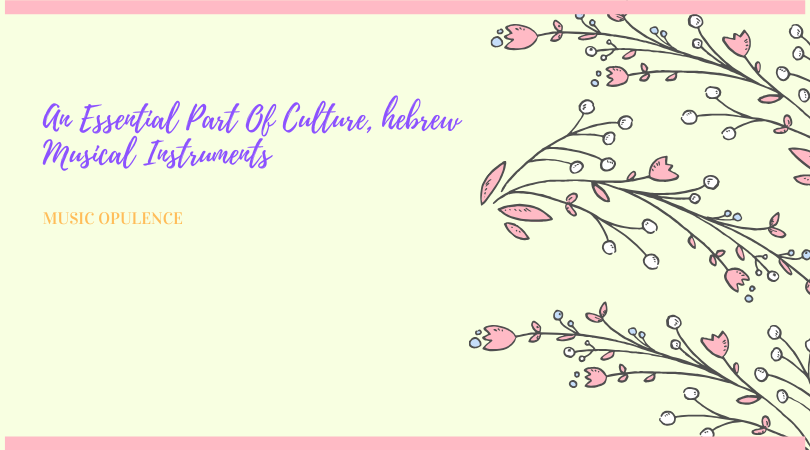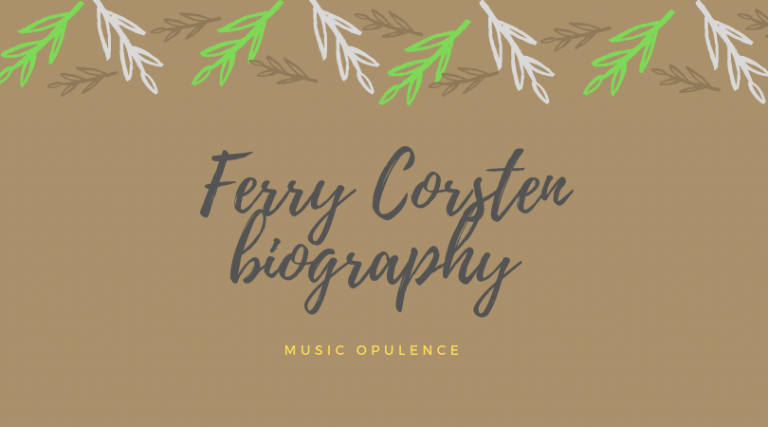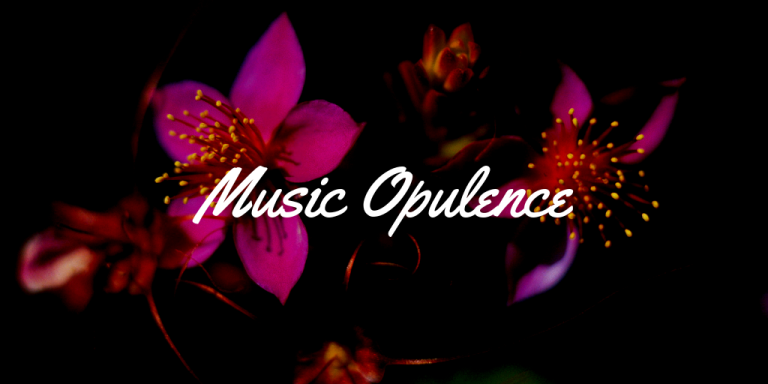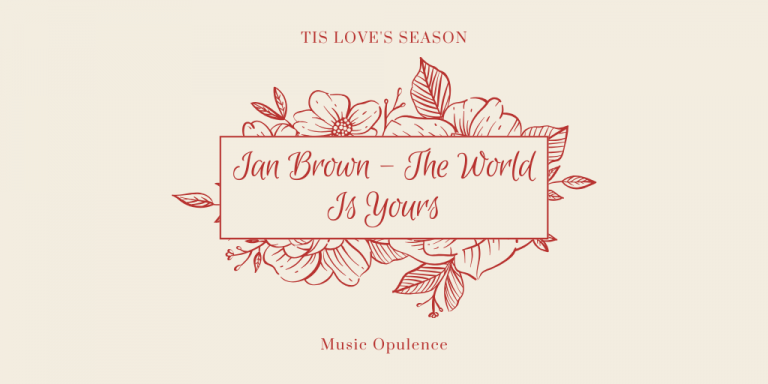An Essential Part Of Culture, hebrew Musical Instruments
Music is a form of communication; it observes struggles, and eases ceremonies. Jubal was the inventor of all Hebrew instruments. Literature and the Hebrew history are currently demonstrating the Hebrews are devoted to foster music. Most of us recall that following the passing of the Red Sea, Moses and his people sang their song of joy and freedom.
The timing of Solomon and David is music’s golden era; it’s the portion of instruction in universities and it is cultivated. Hebrew instruments are utilized in their life. One of the most popular instruments, an important place is given to instruments, like the kinnor – the nebel, a type or farp — a lyre – a lute. We cite that the ugab — a syrinx the shophar, a horn — the hafsoserah, a trumpet — the halil, a trumpet — the sumponyah, a flute — a bagpipe. The Hebrew instruments in the percussion class would be the toph — a drum the tseltselim, the bells — cymbals, the mennan’im — the shalishim, cornets — triangles.
Old Testament instruments
The bells were significant Hebrew instruments. The cornet is termed shophar in Hebrew due to its sound and its brightness. Cymbals are also popular one per hand, Hebrew instruments; 2 parts of brass, are clashed with each other to create a loud noise. The dulcimer is a tool; it’s a sort of lute. The flute consists of pipes; it’s common too.
The harp (kinnor from Hebrew) is the national musical instrument of the Hebrews; the harp has been devised by Jubal and can be employed as accompaniment to Hebrew tunes like praise to God. The horn isn’t merely a Hebrew tool; it can also be used for honor and strength, as electricity or emblems. The organ is a wind Hebrew tool, much like the pipe of the Pan.
The psaltery is another Hebrew tool with twelve strings. Even the tabret is a type of tambourine, a drum; the timbrel is a tambourine or a drum. Trumpets are a range of types, and are created in various materials. Silver trumpets are Hebrew instruments that are particular, and are utilized by the priests to declare a festival or even a war.
